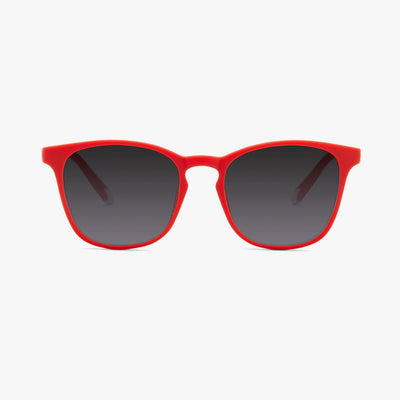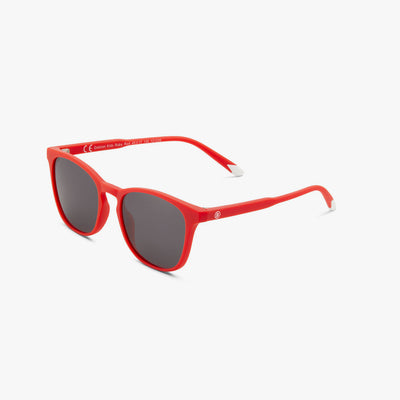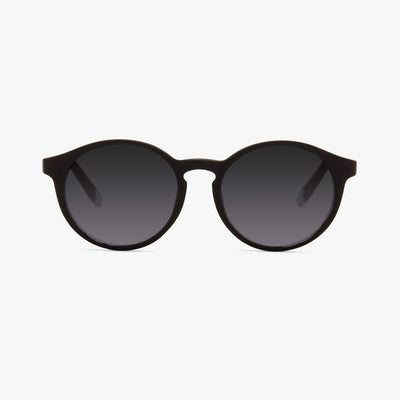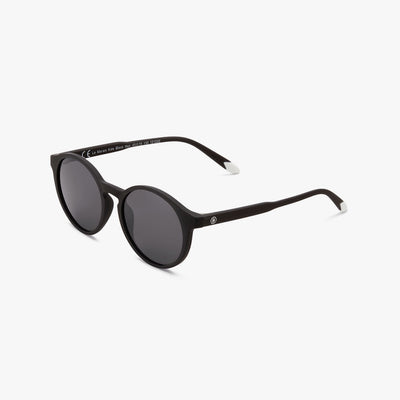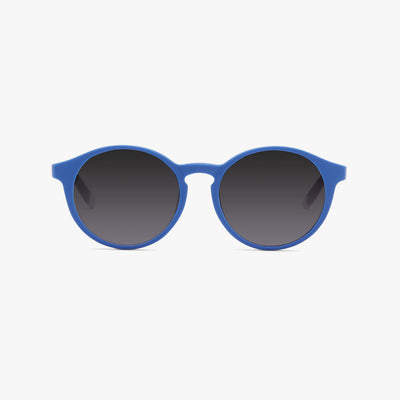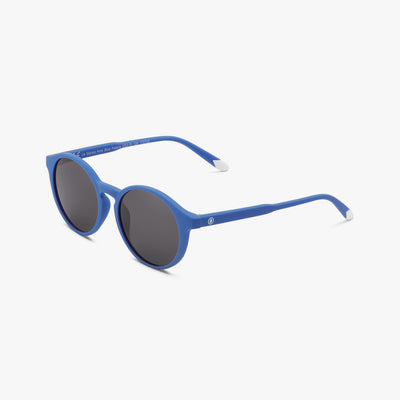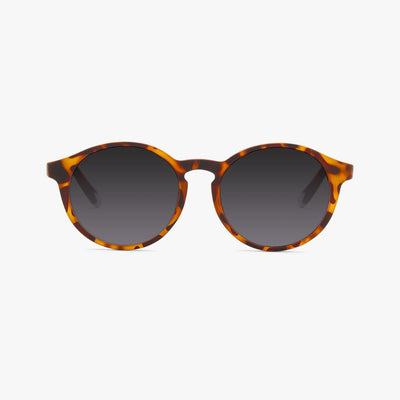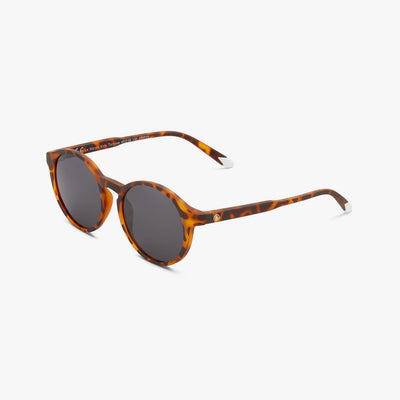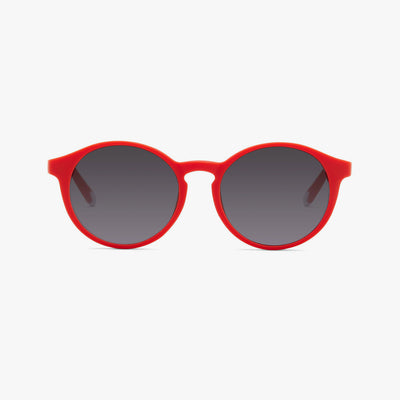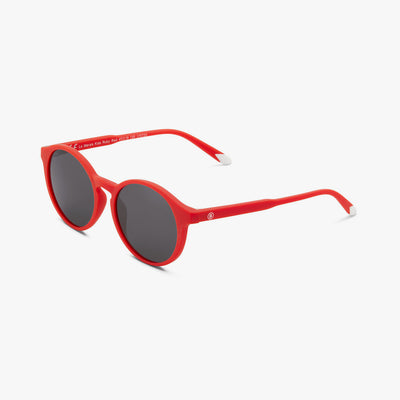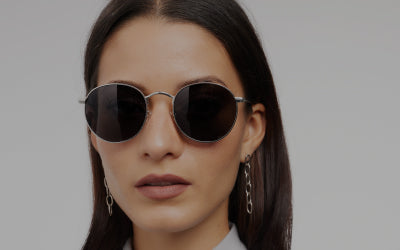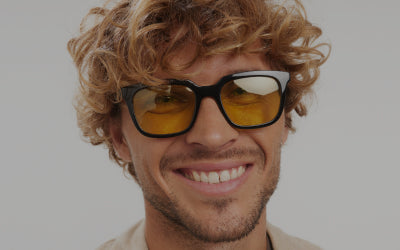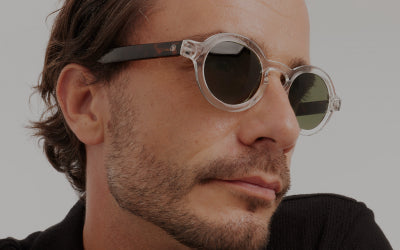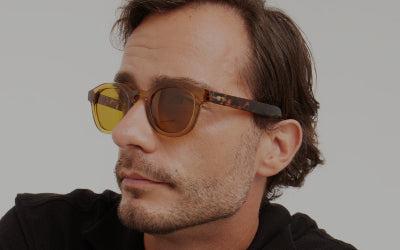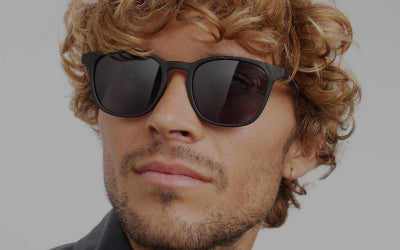Why choose polarised sunglasses for children?
Benefits of polarised lenses for child protection
Polarised lenses filter out the sun's intense reflections, especially those produced by bouncing off surfaces such as water or sand. This allows for clearer and more comfortable vision, reducing eye fatigue and protecting developing eyes from damage caused by UV radiation.
Differences between Traditional and Polarised Sunglasses
Unlike conventional sunglasses, polarised sunglasses improve contrast and reduce glare. This is essential for children who play outdoors, as it guarantees more effective protection and a more pleasant visual experience in any environment.
Our Collection of Polarised Junior Sunglasses
Modern and Safe Designs for Active Children
Our range of polarised junior sunglasses is designed to keep up with the most active kids. With flexible frames, attractive colours and modern styles, each model is designed for all-day comfort.
Durable and Comfortable Materials for Everyday Use
We use lightweight, hypoallergenic materials that are highly resistant to impact. This ensures greater durability even in small, mischievous hands. In addition, the ergonomic fit guarantees that the glasses stay in place while they play or move around.
Polarised Sunglasses for Babies: Protection from Day One
The Importance of Protecting Babies' Sensitive Eyes
Visual sun protection should start from the first months of life. Babies' eyes are more vulnerable to UV radiation, so good polarised sunglasses are a key investment in their visual wellbeing.
Key Features in Sunglasses for Babies
Our polarised sunglasses for babies are designed with soft, secure frames, with no small parts that could come off. The lenses offer 100% UVA and UVB protection and are made of materials that do not break easily.
Tips for Choosing the Best Children's Sunglasses
Factors to Consider: Size, Fit and UV Protection
It is essential to choose a pair of glasses that fits the child's face correctly, with a firm but comfortable fit. Make sure the model is UV400 certified for complete protection.
How to Teach Children the Importance of Wearing Sunglasses
Making wearing glasses a healthy habit is easier if they are involved from a young age. Allowing them to choose their favourite model and explaining why it is important to protect their eyes can make all the difference.
Care and Maintenance of Sunglasses for Children
Proper Cleaning to Extend the Life of Your Sunglasses
Use a microfibre cloth and suitable products to keep the lenses clean and scratch-free. Avoid using paper or clothing to clean them, as they can damage the polarised coating.
Safe Storage to Prevent Damage
Always keep your glasses in their case when not in use. This not only prevents scratches, but also helps your glasses last much longer in perfect condition.
Explore our collection of polarised sunglasses designed especially for children and babies, and make sure their eyes are protected from the very first ray of sunshine.
 Black
Black
 Blue
Blue
 Brown
Brown
 Red
Red
 Rectangular
Rectangular
 Round
Round
 Rectangular
Rectangular
 Round
Round





















